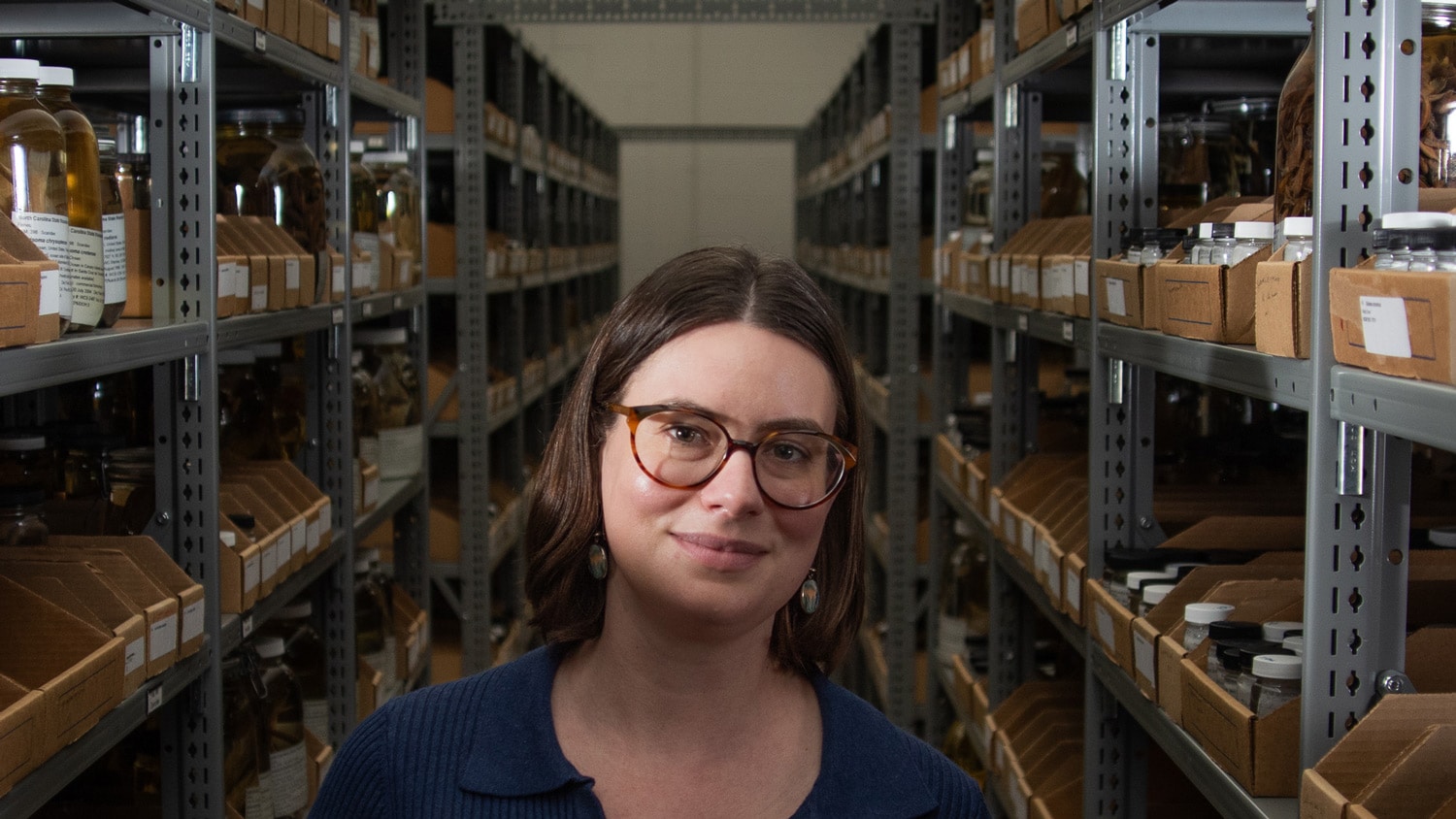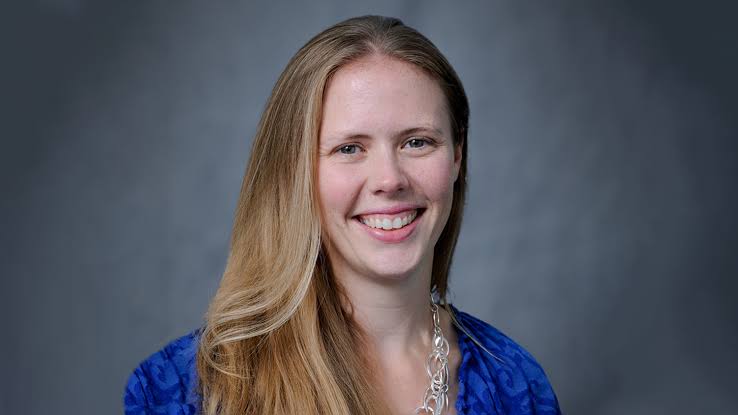NC State is one of three universities to sign on as charter members of the SEA Change initiative, an effort sponsored by the American Association for the Advancement of Science to support educational institutions as they transform themselves into diverse, equitable and inclusive spaces that recruit, retain and advance the full range of talent in science, technology, engineering, mathematics and medicine.
Joining NC State as charter members are the University of California, Davis, and the University of Illinois at Urbana-Champaign.
Charter membership is “a public statement of commitment to success for all in STEMM, a commitment to diversity, equity and inclusion within the institution,” said Shirley Malcom, director of SEA Change and a senior advisor for AAAS.
SEA Change — short for STEMM Equity Achievement — differs from intervention programs that step in on behalf of individuals from marginalized groups. SEA Change instead encourages institutions to examine their own campus culture, policies and procedures that disadvantage and/or exclude faculty, students and staff on the basis of gender, race, ethnicity, disability status or other aspects of identity. Institutions set their own evidence-based goals for dismantling those barriers to success for members of groups that are marginalized, paving the way for a scientific enterprise where all participants can thrive.
“It’s so important that STEMM has representation from a diverse lens,” said Sheri Schwab, NC State’s vice provost for institutional equity and diversity. “Think about trying to find the cure for COVID right now. We need every mind possible able to step up at moments like this, and we as a university can’t get in the way of that. We need to look hard at the barriers to making that possible and put all of our focus and energy to being as inclusive as possible.
“We want to be the kind of university that is willing to take a hard look at what we’re doing and what we can improve on.”
Robert J. Jones, chancellor at the University of Illinois Urbana Champaign, agreed. “It is long, long past time for institutions of higher education like ours to reevaluate, reimagine and rebuild the models that have systemically and persistently denied open and equitable access to all — especially in the STEMM disciplines. This is exactly the kind of powerful, evidence-based and collaborative program that we need to create permanent and measurable change.”
SEA Change is supporting institutions in their pursuit of the SEA Change principles through three interconnected pillars. First is the SEA Change Community, through which the member institutions can form partnerships, discuss strategies and share best practices; the second is the SEA Change Institute, which is collecting a wealth of resources for members, including a research repository, courses, trainings and virtual events.
The third pillar is the SEA Change awards, which launched in 2017 to recognize the efforts that institutions are already making to transform themselves. One new charter member, UC Davis, was among the first recipients of the SEA Change institutional bronze award. Their award was earned in 2019 after a rigorous self-assessment of policies and culture, the identification of gaps and barriers that exclude underrepresented groups, and the creation of an individualized action plan to, for instance, combat salary inequity and ensure the student body better reflects the diversity of California, said Philip Kass, vice provost for academic affairs at UC Davis.
SEA Change is committed to continuous self-improvement, requiring award winners to reapply every five years to retain their award or advance to a higher level award.
“You don’t get to rest on your laurels,” Kass said.
Institutional silver awards will recognize those institutions that have made demonstrated progress on enhancing diversity, equity and inclusion through their action plans, and institutional gold award winners will need to demonstrate that they are models for change — for example, assisting other institutions in the SEA Change community by sharing strategies and lessons learned from their own efforts toward systemic change.
“There’s a real advantage when you become part of a community,” Kass said. “Nobody’s going to want to be left behind.”
This post was originally published in NC State News.



